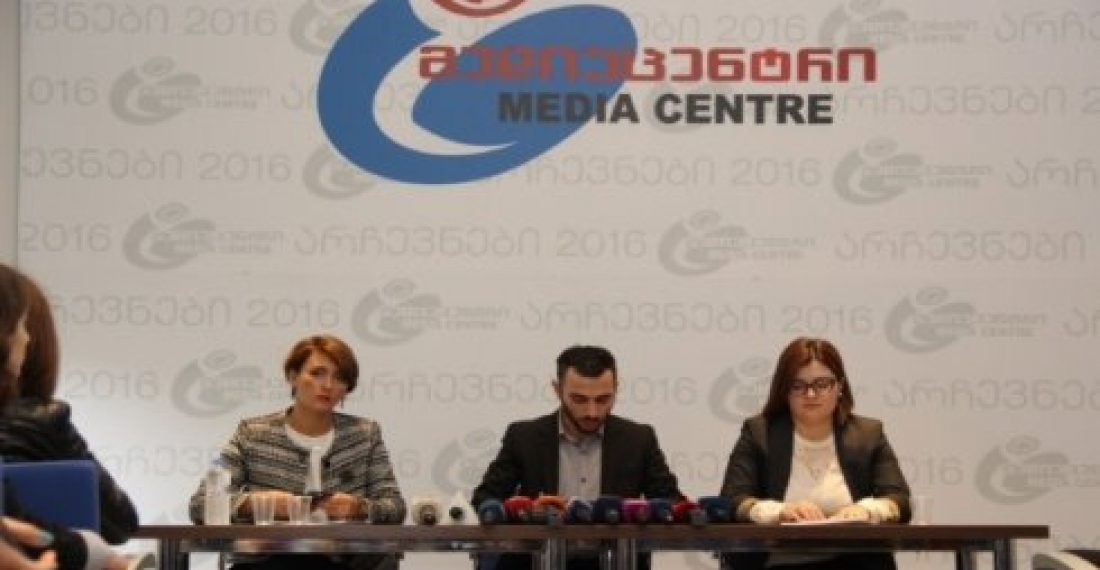Three respected Georgian NGOs: the Georgian Young Lawyers Association (GYLA), International Society for Fair Elections and Democracy (ISFED) and Transparency International (TI) Georgia, have given a positive assessment of the pre-election environment in a report issued on the eve of the parliamentary elections. They also noted some shortcomings.
In the summary the report says,
During the pre-election period, which lasted for 4 months prior to the election day, political parties and candidates were able to conduct their election campaigns in a competitive environment. The preelection process was characterized by a pluralistic media environment and low levels of political harassment and use of administrative resources.
Even though the pre-election process was not entirely free of cases of violence, vote-buying, alleged political intimidation and campaigning by unauthorized persons, there is no basis for claiming that these violations substantially influenced the independent formation of the will of the voters. The pre-election process was seriously damaged by cases of violence in the final days before the elections, including the car bombing of an opposition MP, assault with a firearm on an opposition majoritarian candidate, and physical assault on activists of the ruling party. Investigations were launched on all of these cases. In two cases, perpetrators have already been charged.
As elections drew near, cases of dissemination of illegally recorded personal phone conversations of political party representatives became more frequent. This provides enough ground to suspect that the purpose of dissemination of these recordings was to shape public opinion during the pre-election period through unacceptable methods. Even though investigations have been launched on these cases, public trust towards the efficiency of law enforcement authorities remains low, due to the frequency of such crimes and the dragged out nature of their investigation.
Compared to previous years, more cases were identified of campaigning by unauthorized persons, and political parties and candidates attempting to entice voters with monetary and material goods and services. Unfortunately, the country's judiciary has failed to take effective measures against these types of violations. The election administration is ready to conduct the elections in an organized manner. The composition of precinct election commissions (PECs) proved to be a challenge after doubts were raised about the political impartiality of the PEC member selection process in a number of electoral districts. In general, we believe that voters will have the opportunity to express their informed and free will at the polling station.
You can read the report in full here






